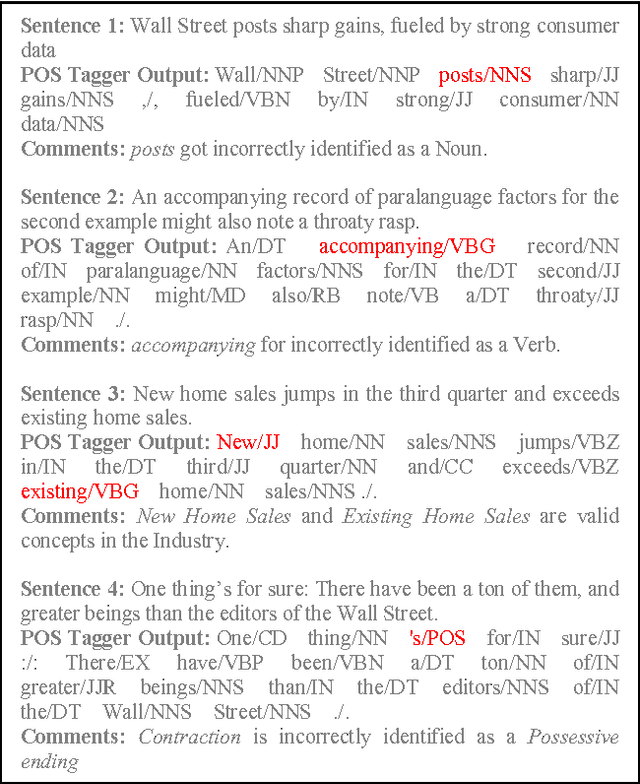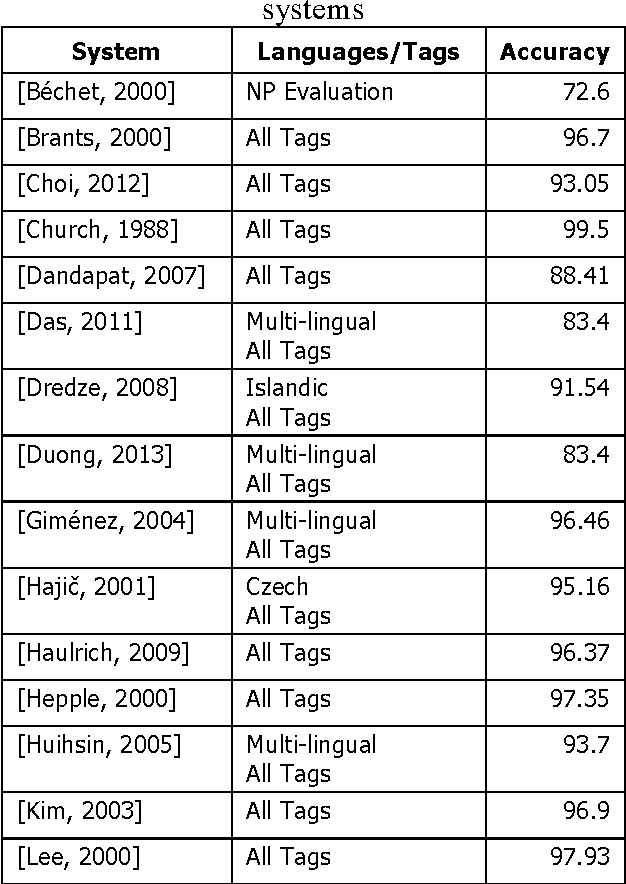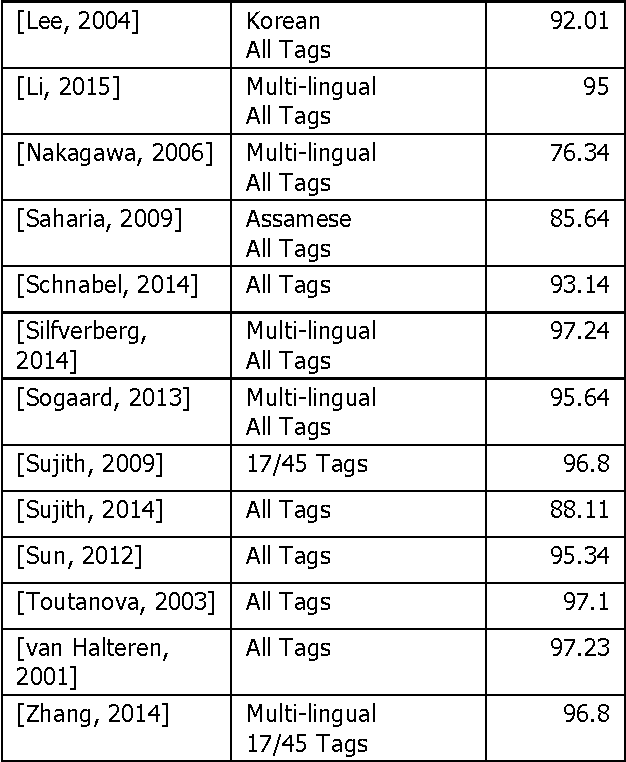Venkat Srinivasan
NVIDIA Nemotron 3: Efficient and Open Intelligence
Dec 24, 2025Abstract:We introduce the Nemotron 3 family of models - Nano, Super, and Ultra. These models deliver strong agentic, reasoning, and conversational capabilities. The Nemotron 3 family uses a Mixture-of-Experts hybrid Mamba-Transformer architecture to provide best-in-class throughput and context lengths of up to 1M tokens. Super and Ultra models are trained with NVFP4 and incorporate LatentMoE, a novel approach that improves model quality. The two larger models also include MTP layers for faster text generation. All Nemotron 3 models are post-trained using multi-environment reinforcement learning enabling reasoning, multi-step tool use, and support granular reasoning budget control. Nano, the smallest model, outperforms comparable models in accuracy while remaining extremely cost-efficient for inference. Super is optimized for collaborative agents and high-volume workloads such as IT ticket automation. Ultra, the largest model, provides state-of-the-art accuracy and reasoning performance. Nano is released together with its technical report and this white paper, while Super and Ultra will follow in the coming months. We will openly release the model weights, pre- and post-training software, recipes, and all data for which we hold redistribution rights.
Nemotron 3 Nano: Open, Efficient Mixture-of-Experts Hybrid Mamba-Transformer Model for Agentic Reasoning
Dec 23, 2025Abstract:We present Nemotron 3 Nano 30B-A3B, a Mixture-of-Experts hybrid Mamba-Transformer language model. Nemotron 3 Nano was pretrained on 25 trillion text tokens, including more than 3 trillion new unique tokens over Nemotron 2, followed by supervised fine tuning and large-scale RL on diverse environments. Nemotron 3 Nano achieves better accuracy than our previous generation Nemotron 2 Nano while activating less than half of the parameters per forward pass. It achieves up to 3.3x higher inference throughput than similarly-sized open models like GPT-OSS-20B and Qwen3-30B-A3B-Thinking-2507, while also being more accurate on popular benchmarks. Nemotron 3 Nano demonstrates enhanced agentic, reasoning, and chat abilities and supports context lengths up to 1M tokens. We release both our pretrained Nemotron 3 Nano 30B-A3B Base and post-trained Nemotron 3 Nano 30B-A3B checkpoints on Hugging Face.
NVIDIA Nemotron Nano 2: An Accurate and Efficient Hybrid Mamba-Transformer Reasoning Model
Aug 21, 2025



Abstract:We introduce Nemotron-Nano-9B-v2, a hybrid Mamba-Transformer language model designed to increase throughput for reasoning workloads while achieving state-of-the-art accuracy compared to similarly-sized models. Nemotron-Nano-9B-v2 builds on the Nemotron-H architecture, in which the majority of the self-attention layers in the common Transformer architecture are replaced with Mamba-2 layers, to achieve improved inference speed when generating the long thinking traces needed for reasoning. We create Nemotron-Nano-9B-v2 by first pre-training a 12-billion-parameter model (Nemotron-Nano-12B-v2-Base) on 20 trillion tokens using an FP8 training recipe. After aligning Nemotron-Nano-12B-v2-Base, we employ the Minitron strategy to compress and distill the model with the goal of enabling inference on up to 128k tokens on a single NVIDIA A10G GPU (22GiB of memory, bfloat16 precision). Compared to existing similarly-sized models (e.g., Qwen3-8B), we show that Nemotron-Nano-9B-v2 achieves on-par or better accuracy on reasoning benchmarks while achieving up to 6x higher inference throughput in reasoning settings like 8k input and 16k output tokens. We are releasing Nemotron-Nano-9B-v2, Nemotron-Nano12B-v2-Base, and Nemotron-Nano-9B-v2-Base checkpoints along with the majority of our pre- and post-training datasets on Hugging Face.
On the Performance of an Explainable Language Model on PubMedQA
Apr 07, 2025Abstract:Large language models (LLMs) have shown significant abilities in retrieving medical knowledge, reasoning over it and answering medical questions comparably to physicians. However, these models are not interpretable, hallucinate, are difficult to maintain and require enormous compute resources for training and inference. In this paper, we report results from Gyan, an explainable language model based on an alternative architecture, on the PubmedQA data set. The Gyan LLM is a compositional language model and the model is decoupled from knowledge. Gyan is trustable, transparent, does not hallucinate and does not require significant training or compute resources. Gyan is easily transferable across domains. Gyan-4.3 achieves SOTA results on PubmedQA with 87.1% accuracy compared to 82% by MedPrompt based on GPT-4 and 81.8% by Med-PaLM 2 (Google and DeepMind). We will be reporting results for other medical data sets - MedQA, MedMCQA, MMLU - Medicine in the future.
Training Large Language Models Efficiently with Sparsity and Dataflow
Apr 11, 2023Abstract:Large foundation language models have shown their versatility in being able to be adapted to perform a wide variety of downstream tasks, such as text generation, sentiment analysis, semantic search etc. However, training such large foundational models is a non-trivial exercise that requires a significant amount of compute power and expertise from machine learning and systems experts. As models get larger, these demands are only increasing. Sparsity is a promising technique to relieve the compute requirements for training. However, sparsity introduces new challenges in training the sparse model to the same quality as the dense counterparts. Furthermore, sparsity drops the operation intensity and introduces irregular memory access patterns that makes it challenging to efficiently utilize compute resources. This paper demonstrates an end-to-end training flow on a large language model - 13 billion GPT - using sparsity and dataflow. The dataflow execution model and architecture enables efficient on-chip irregular memory accesses as well as native kernel fusion and pipelined parallelism that helps recover device utilization. We show that we can successfully train GPT 13B to the same quality as the dense GPT 13B model, while achieving an end-end speedup of 4.5x over dense A100 baseline.
Improving Part-of-Speech Tagging for NLP Pipelines
Aug 01, 2017



Abstract:This paper outlines the results of sentence level linguistics based rules for improving part-of-speech tagging. It is well known that the performance of complex NLP systems is negatively affected if one of the preliminary stages is less than perfect. Errors in the initial stages in the pipeline have a snowballing effect on the pipeline's end performance. We have created a set of linguistics based rules at the sentence level which adjust part-of-speech tags from state-of-the-art taggers. Comparison with state-of-the-art taggers on widely used benchmarks demonstrate significant improvements in tagging accuracy and consequently in the quality and accuracy of NLP systems.
 Add to Chrome
Add to Chrome Add to Firefox
Add to Firefox Add to Edge
Add to Edge